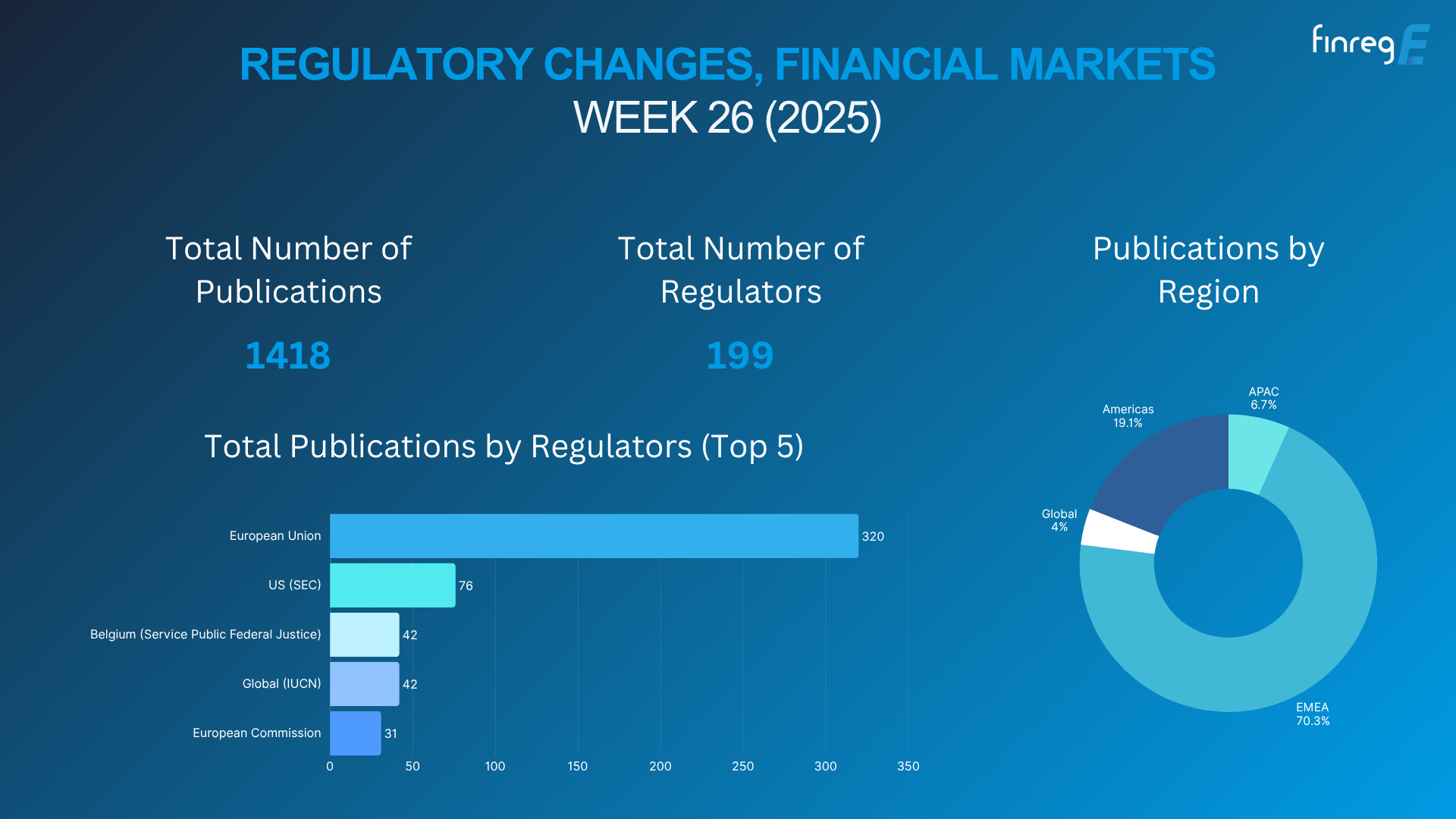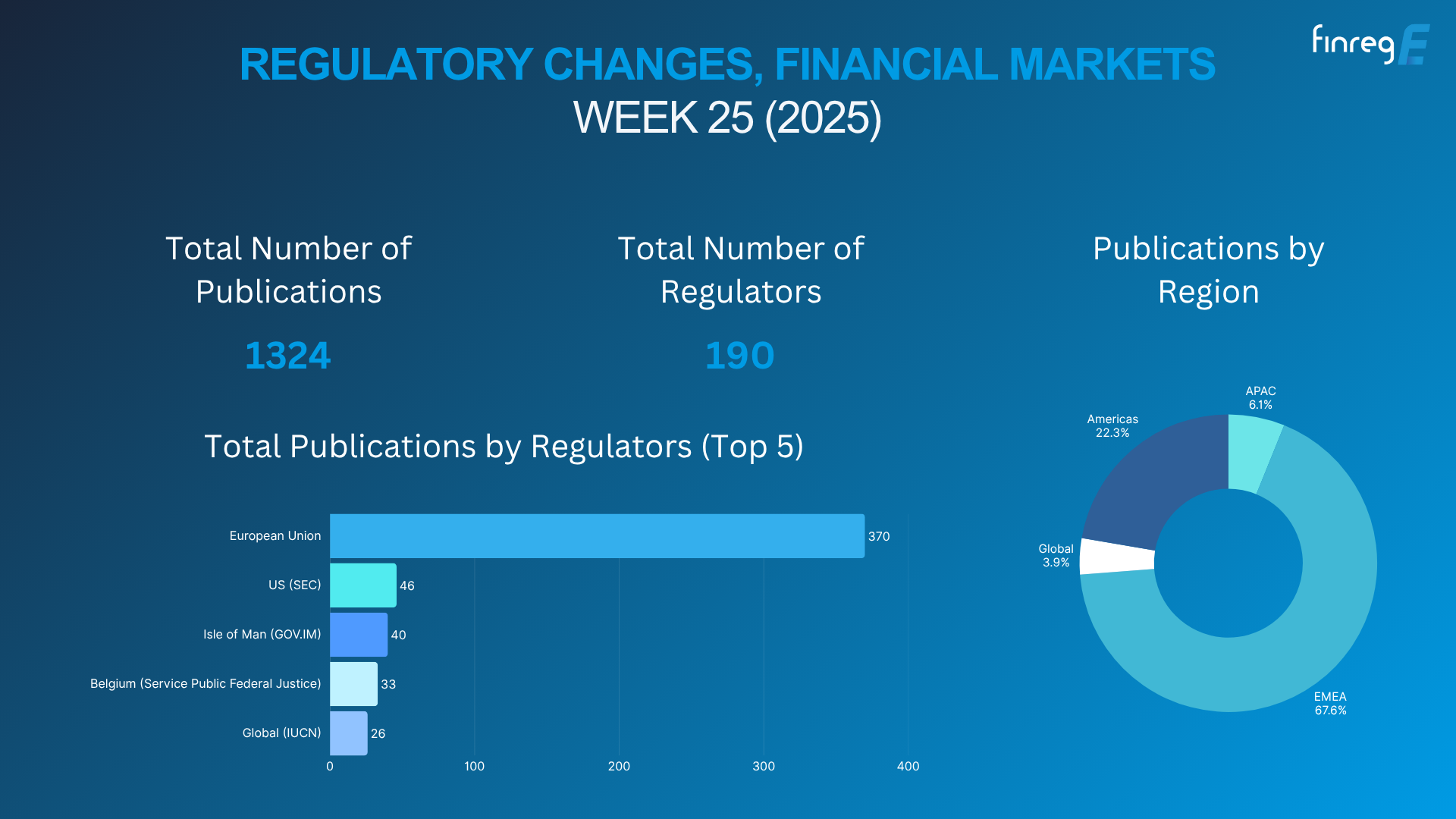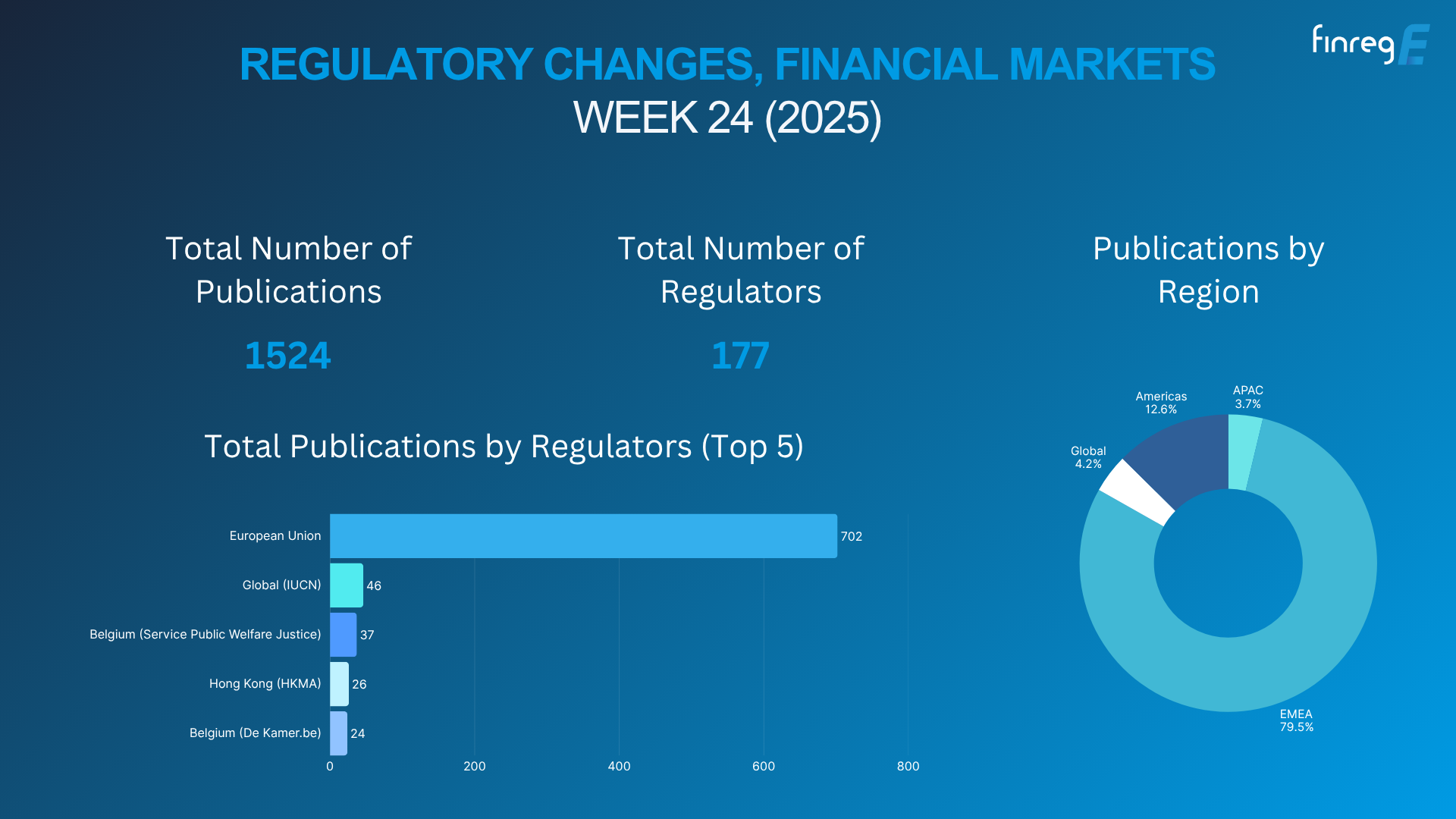Cryptocurrency is rapidly becoming the favoured instrument for completing financial transactions, particularly as inflation and worsening economic conditions force investors and businesses to seek out other avenues to conduct financial transactions.
However, the benefits of cryptocurrency are offset by its volatility (within a few months, Bitcoin fell from $69,000 in November 2021 to $40,000 in 2022).
Therefore, regulators need to implement a regulatory framework that allows consumers, businesses, and investors to reap the benefits of cryptocurrency while derailing potential downfalls.
Unfortunately, this is not a simple process, for there is no clear consensus on whether cryptocurrency should be treated as an investment asset or it deserves its own asset classification.
Regardless of the scope and challenges, devising a set of rules and processes for cryptocurrency regulation will be critical for the finance industry.
Devising a regulatory framework that evolves to tackle cryptocurrency
Regulation should evolve by considering the following factors.
Inclusive global governance
Cryptocurrency regulation requires inclusive global governance structures in place for effective regulation in cryptocurrency. Since users worldwide can conduct financial transactions in an instant, effective regulation requires global structures that can regulate monetary transactions.
The EU is particularly well-suited for this, for the bloc consists of over 28 nations, which means that regulatory frameworks covering this region can cover multiple countries at once.
However, there are more obstacles for building a global regulatory structure than people ideally expect, for example, many developing countries based in Latin America, the Caribbean, and Sub-Saharan Africa are not part of standard-setting bodies such as the Bank for International Settlement (BIS) and Financial Action Taskforce (FATF).
Moreover, there is no clear consensus on how cryptocurrency should be regulated. While certain thinktanks in the US believe that cryptocurrency can be regulated with existing laws, the Japanese government passed the Virtual Currency Act to define and approve what virtual currency can be considered a cryptocurrency.
To develop frameworks that can effectively govern cryptocurrency transactions, there needs to be a clear consensus on the type of governing frameworks to be used.
A shift in regulatory strategies and objectives
Cryptocurrency has a vast array of implementations, ranging from facilitating remittances – which make up 20% of El Salvador’s GDP – to hosting NFT gaming platforms – which has been an invaluable form of income for many in the Philippines when the country was under lockdown.
As such, regulators need to account for all these applications when implementing regulatory laws and requirements.
Accounting for these needs would require significant changes in the regulatory approach, shifting from a centralised approach to fixed outcomes to a more decentralised approach.
Moreover, regulators need to distinguish between centralised risks versus decentralised activities.
With centralised exchanges focused on activities familiar to regulatory bodies ranging from capital market regulators to tax authorities to consumer protection, decentralised activities could cover a wider gamut of financial transactions.
Effective regulation would require you to get a deeper understanding of how cryptocurrency is used in different applications.
Whether it be the creation of new cryptocurrency networks, the rapid scaling of stable coins or transfer remittances rapidly, cryptocurrency is a tool that facilitates several financial transactions.
This means regulators need to reconsider their previous approach to regulation by shifting from risk-based reporting and containment policies to a far more expansive and flexible process.
The change in regulation could require a change in the type of technology used. For example, real-time transaction monitoring will be instrumental in regulating cryptocurrency transactions.
Regulating cryptocurrency to reap benefits and reduce risks
Over the next few years, we can expect cryptocurrencies to grow from a hot new investment tool to a platform that will be the backbone of many financial transactions.
For example, El Salvador became the first country to accept bitcoin as legal tender, and though many governments have yet to follow this example, we can expect them to “legitimatise” cryptocurrency transactions.
Hence, regulatory bodies need to devise effective frameworks that are more flexible and account for the different ways cryptocurrency can be used.
This will be critical for safeguarding the different parties that use cryptocurrency for various transactions, a regulatory framework will be critical for safeguarding these parties from scams while also ensuring a new future in the financial industry.





